
Idol survival shows have been a staple in Korean entertainment for a while, but 2024 has seen a notable surge in the number of shows. This year alone, announcements for new series like "I-Land 2," "Build Up: Vocal Boy Group Survival," and "Universe Ticket" have piqued the interest of K-pop fans.
Before the current wave of interest, programs like "Superstar K" laid the groundwork for the genre. However, it was the monumental success of "Produce 101" that truly set the idol survival show trend ablaze. Since that pivotal moment, it seems as though a new series premieres almost every month. This explosion of content inevitably prompts critical examination of the sustainability and genuine value of producing such frequent, high-stakes shows. Are audiences and participants truly benefiting from these productions, or is the market becoming oversaturated?
Survival shows are known for their inherently intense nature. Contestants are thrust into a highly stressful environment where they must navigate a series of unpredictable challenges and compete against one another under fierce conditions. The emotional, mental, and physical demands placed on these participants are significant, pushing them to their limits in pursuit of the ultimate goal: making it to the finale and potentially launching a successful career.
The pressure to perform is compounded by the use of 'devil's editing,' a common practice in reality TV where footage is selectively edited to maximize drama and conflict. This technique can significantly distort viewer perceptions, making situations appear more contentious or dramatic than they are in reality. Shows like “Unpretty Rapstar” and “Produce 101” have seen such editing techniques lead to major controversies. Often, the participants affected by this misleading portrayal feel compelled to step forward and publicly clarify their experiences, addressing misconceptions and providing their perspective on events. This need to correct public perception underscores the powerful impact editing choices can have on participants' lives and careers, adding an additional layer of complexity to their participation in these grueling competitions.
Despite their popularity, survival shows often lead to only brief moments of fame for many contestants, with very few managing to successfully break into the entertainment industry. This fleeting fame highlights the tough reality of the survival show world, where the spotlight quickly moves on.
The pressure-packed environment of these shows, filled with dramatic eliminations and constant competition, makes it hard for participants to keep public and media interest once the show ends. This is made even more difficult by the industry's constant search for new talent, which often overlooks previous contestants.
Moreover, the large number of contestants and the focus on creating a compelling show can sometimes overshadow the genuine talents and skills of the participants, making it harder for them to stand out in a crowded market. This situation raises questions about the fairness and ethics of these programs and whether there should be better support for participants after the show concludes.
I personally would prefer a series that follows a group from its formation through to their debut day, offering a more comprehensive view of their journey and struggles. Unlike the current format, which often sees many promising talents eliminated early without a real opportunity to showcase their full potential, this type of show would focus on nurturing and developing skills over time. It's an approach that not only allows viewers to form a deeper connection with the participants but also provides the contestants with a more supportive environment in which to grow and succeed.
Such a format seems more beneficial, investing in the long-term success of emerging artists rather than pitting them against each other for the sake of dramatic television. It encourages a healthier, more constructive portrayal of the music industry, which can be crucial for inspiring future generations of artists.
What do you think about these kinds of shows? Do you agree that the entertainment industry should move towards more supportive and developmental programming, or do you believe the competitive nature of current formats has its own value? I'd love to hear your views and discuss what truly makes these programs worth watching.
 SHARE
SHARE
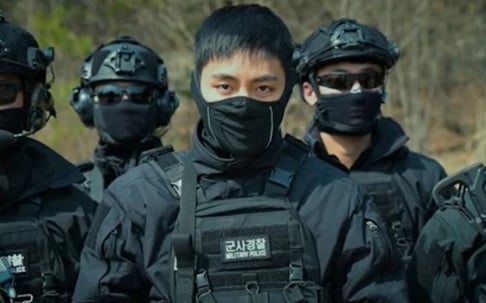













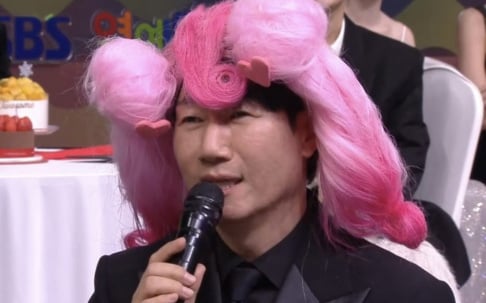

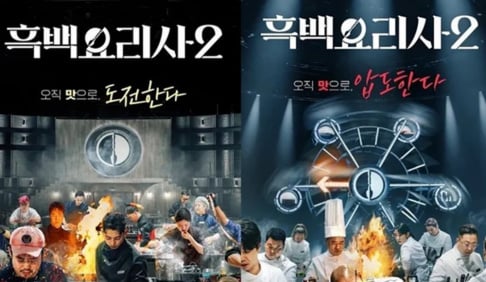





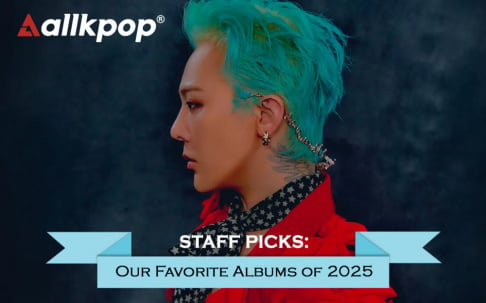

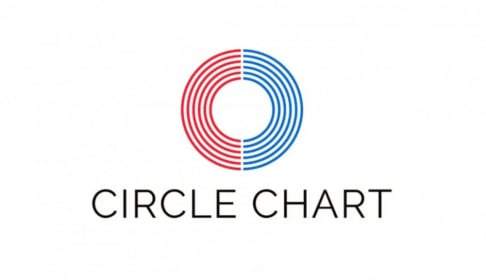
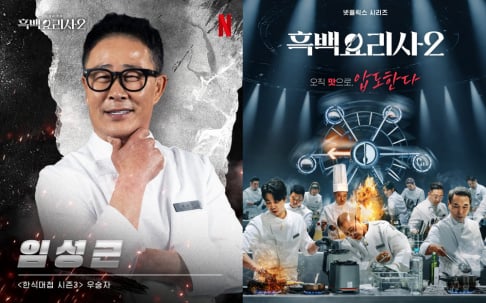
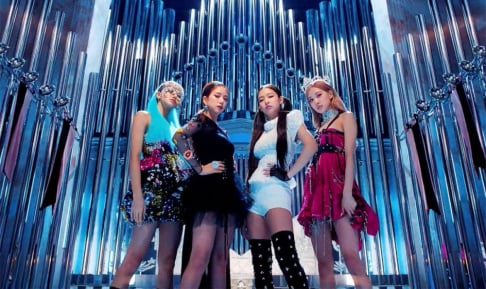

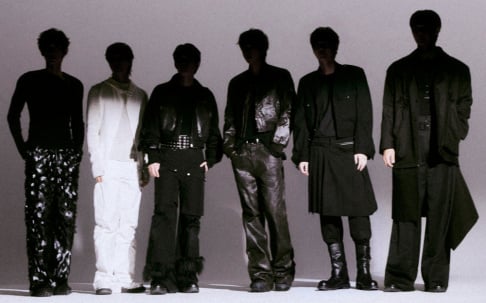
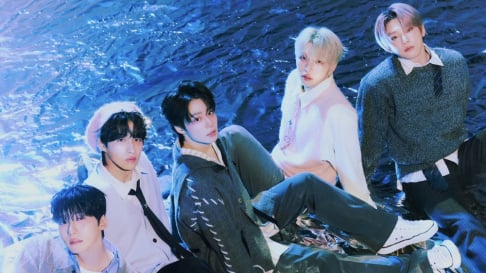
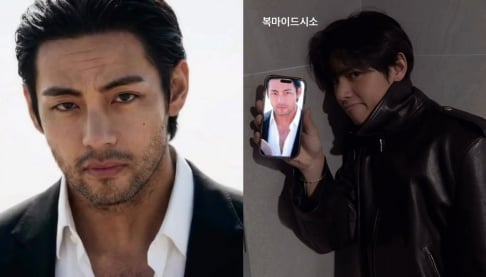



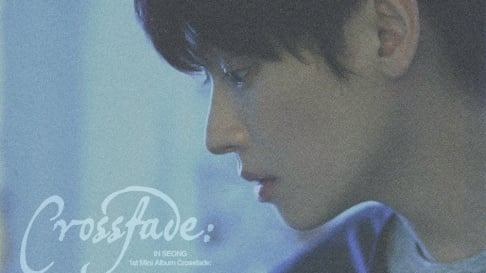
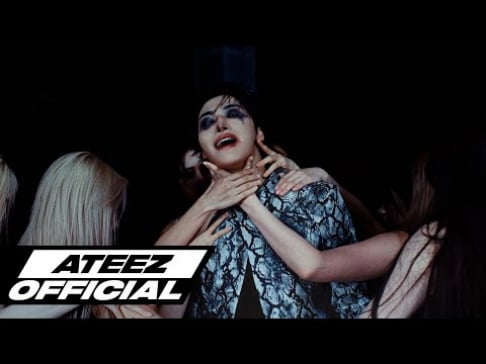
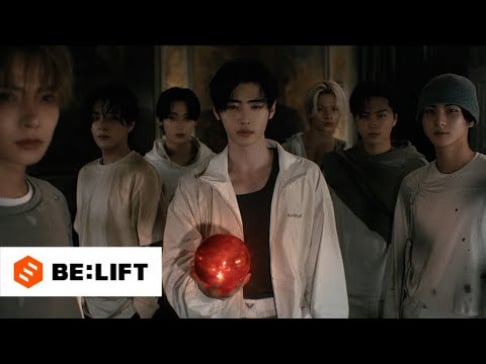


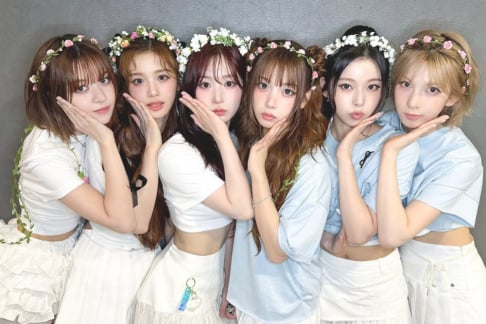






Quote from a failed TV show comedy:
British man in an American pub - "When I'm at home I've got nothing, but over here I'm exotic."
-
People cared about idol survival shows when they were rare. Now every network is doing them, and the second it ends they start season 2. There's nothing special about them anymore, and the groups in return don't get anywhere in the industry.
3 more replies